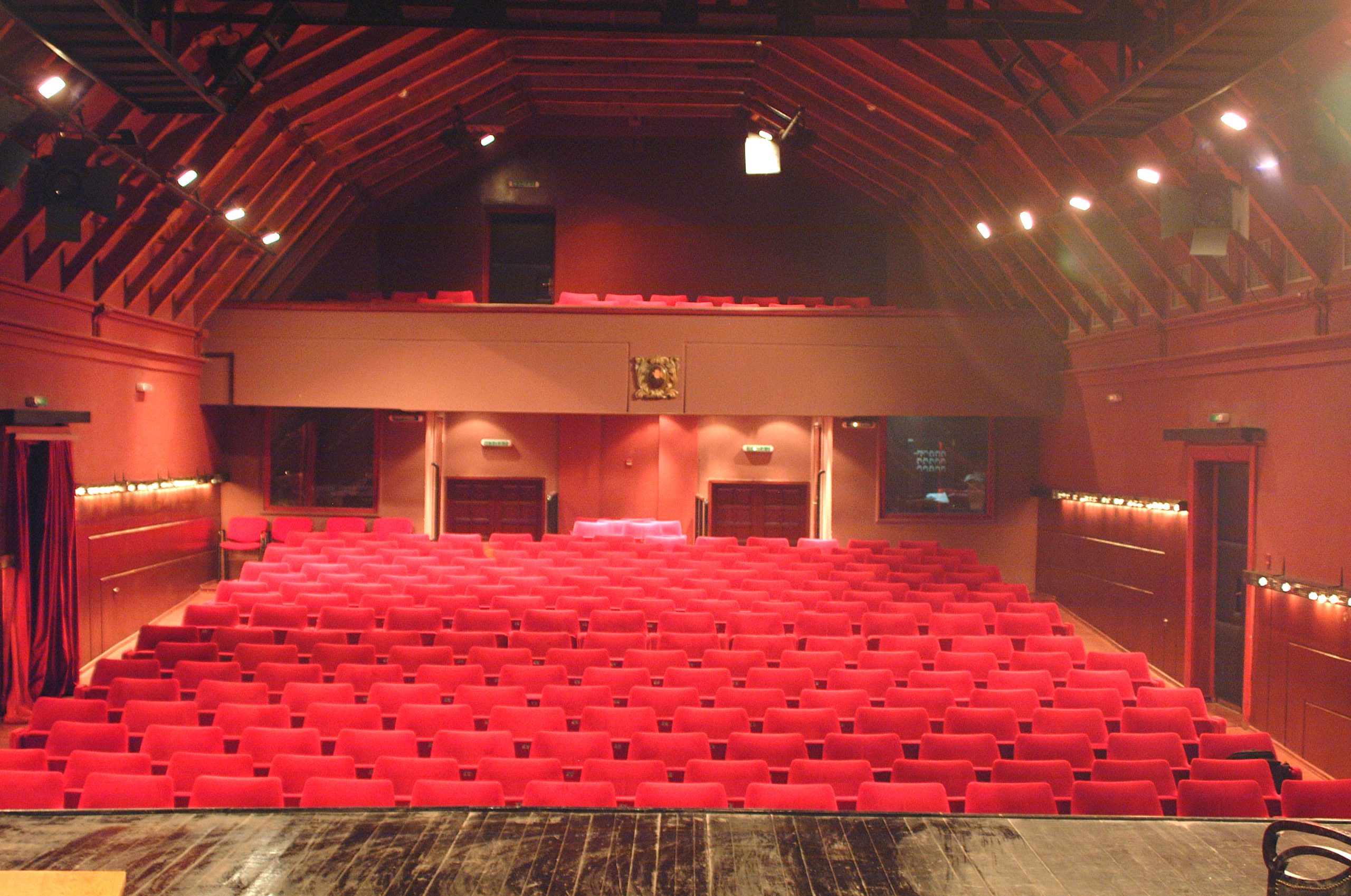Pushing the Envelope in “Spring Awakening”
Harvard FML, the addicting symposium of academic and sexual frustration, shows that not much has changed in the 120 years since Frank Wedekind’s “Spring Awakening” was written. There are posts about pregnancy scares and abuse. There are frustrating questions submitted to the void about not knowing if Harvard is “worth it,” about ignorance and depression.
However, there seems to be something strange about one of the first college productions of “Spring Awakening” taking place in the People’s Republic of Cambridge; in a considerably liberal college environment, the issues that were viewed as so taboo in 1891 such as masturbation, sex and even general rebellion against society become that much harder to present as “controversial.” Most people at Harvard have a good knowledge about what sex is, and pre-marital sex is generally accepted as a fact of life. Therefore, it is interesting that the most-charged moment in the musical’s performance at OBERON was between the two homosexual characters, Hänschen and Ernst. It brings back the observation first shared with me by a professor in a class on capitalism and democracy in the former Soviet bloc: Great art is made easier by oppression.
Take Melchior Gabor, for instance. He is the protagonist of the musical, an academic superstar who cares not a whit about his perfect Trigonometry and Latin record. He instead spends his time scribbling about the adult society that suppresses him in the form of his draconian instructor. There is Moritz Stiefel, who struggles with his studies because of insomnia-inducing sexual dreams. There is Wendla Bergmann, who could be on the TV Show “I’m Pregnant and I Didn’t Know It.” However, in a 21st century context, all of these struggles are hardly taboo. Masturbation and sex are not unmentionable topics, and creative endeavors and radical social thought are not viewed as destructive.
Therefore, when the audience experiences a moment between two male German youths, Hänschen and Ernst, some of the real “forbidden” aspect finally comes through in the acting. An entire play, built on the relationship of two heterosexual characters, holds but one five-minute interlude of something that truly is rebellious in the 21st century.
I think this unearths a question that has a nebulous answer: Should plays and musicals only chronicle things that have yet to be breached? Is there a place for more dated stories such as Porgy and Bess (another recent A.R.T. production) or, indeed, Spring Awakening, which was immensely controversial at the time of its writing? And, in a related vein, is it a more personal, subjective experience that makes one scene seem more controversial than the next? I hail from rural Texas, in a town where pre-marital sex was viewed as in much of the country: a fact of life. Homosexuality, on the other hand, was viewed as grounds for harassment.
Yet keeping this more contemporary bias in mind, it still stands that the audience has a remarkable ability to engage with drama on the work’s own terms—no matter how far removed from the present. “Les Miserables” still makes audiences bawl the world over even though no one is really dying on the barricades. “The Lion King” holds the spot as many individuals’ favorite musical even though the characters live in a world unfathomable in the modern era. So it is interesting that “Spring Awakening” was unable to convince my theatre-going compatriots and I that the relationship between Melchior and Wendla was forbidden instead of inevitable. It could be the particular production; it could be the story itself. But nevertheless, I wonder how far the dramatic envelope can really be pushed within the play’s antique, more Puritanical parameters.
—
SPRING AWAKENING SUMMARY:
Last Wednesday, a Harvard student production of “Spring Awakening” ( premiered at OBERON. The rock musical, which chronicles sexually blossoming German youths, predictably skyrocketed to national prominence in 2007 when it grabbed eight Tony Awards including Best Musical.
